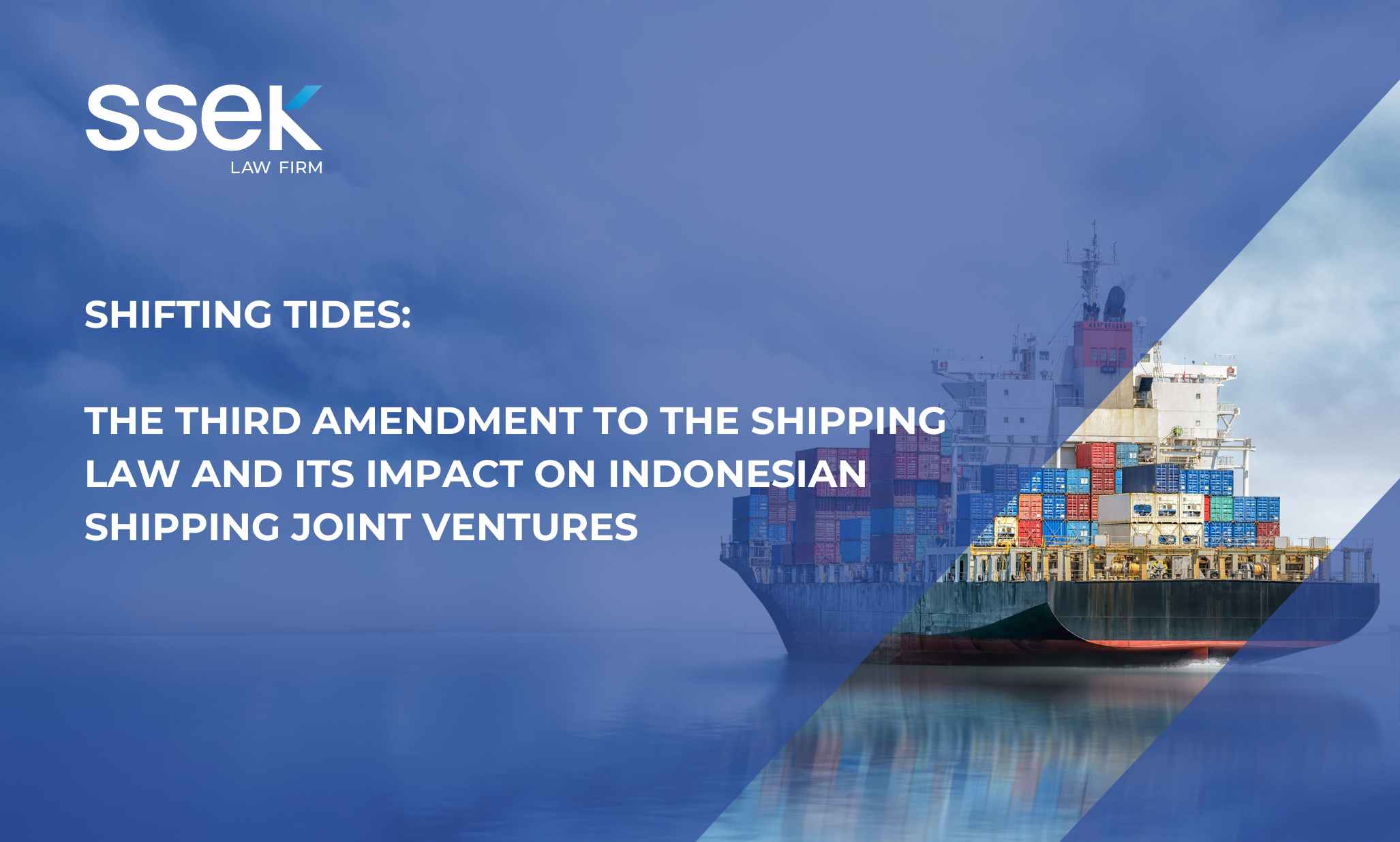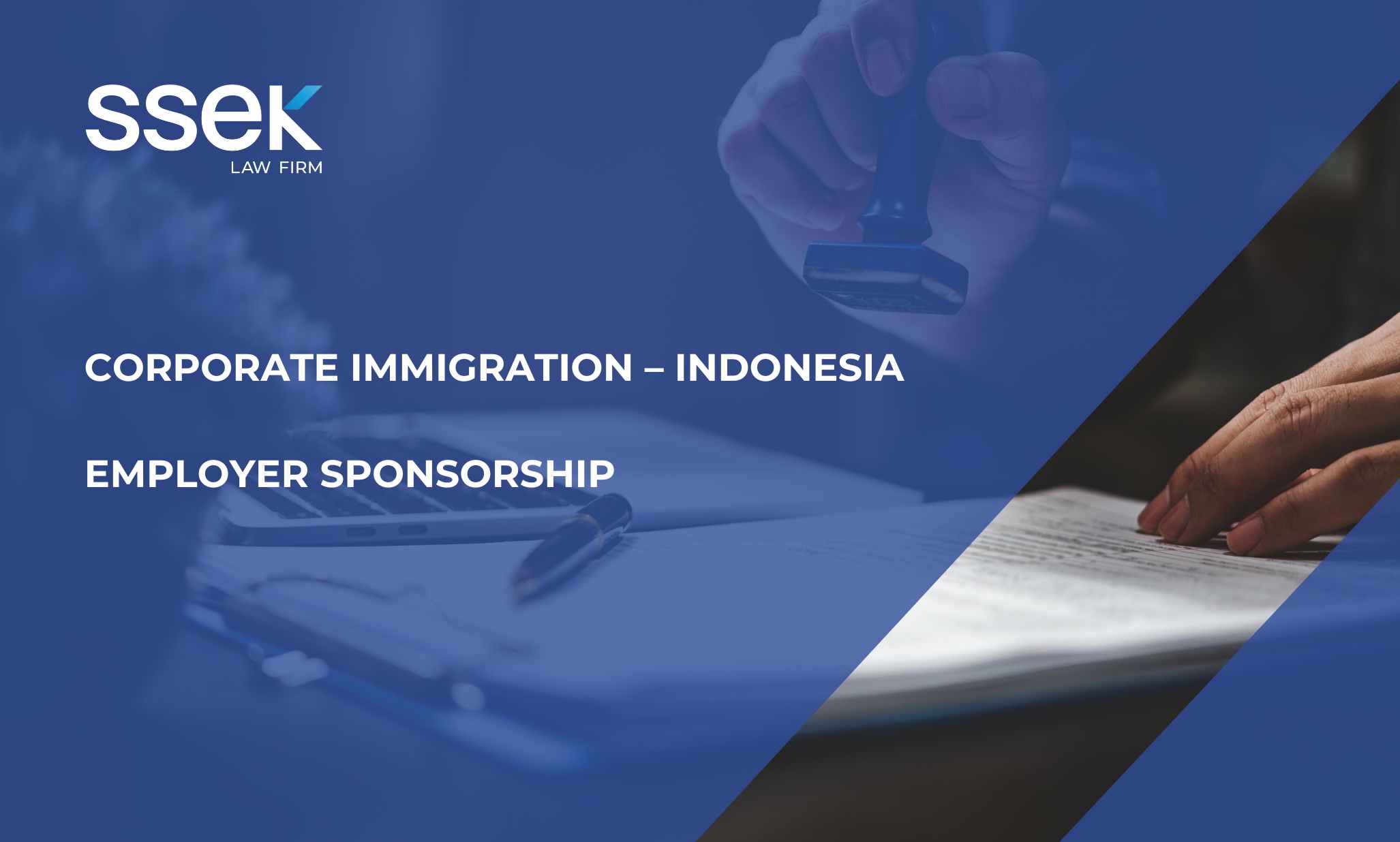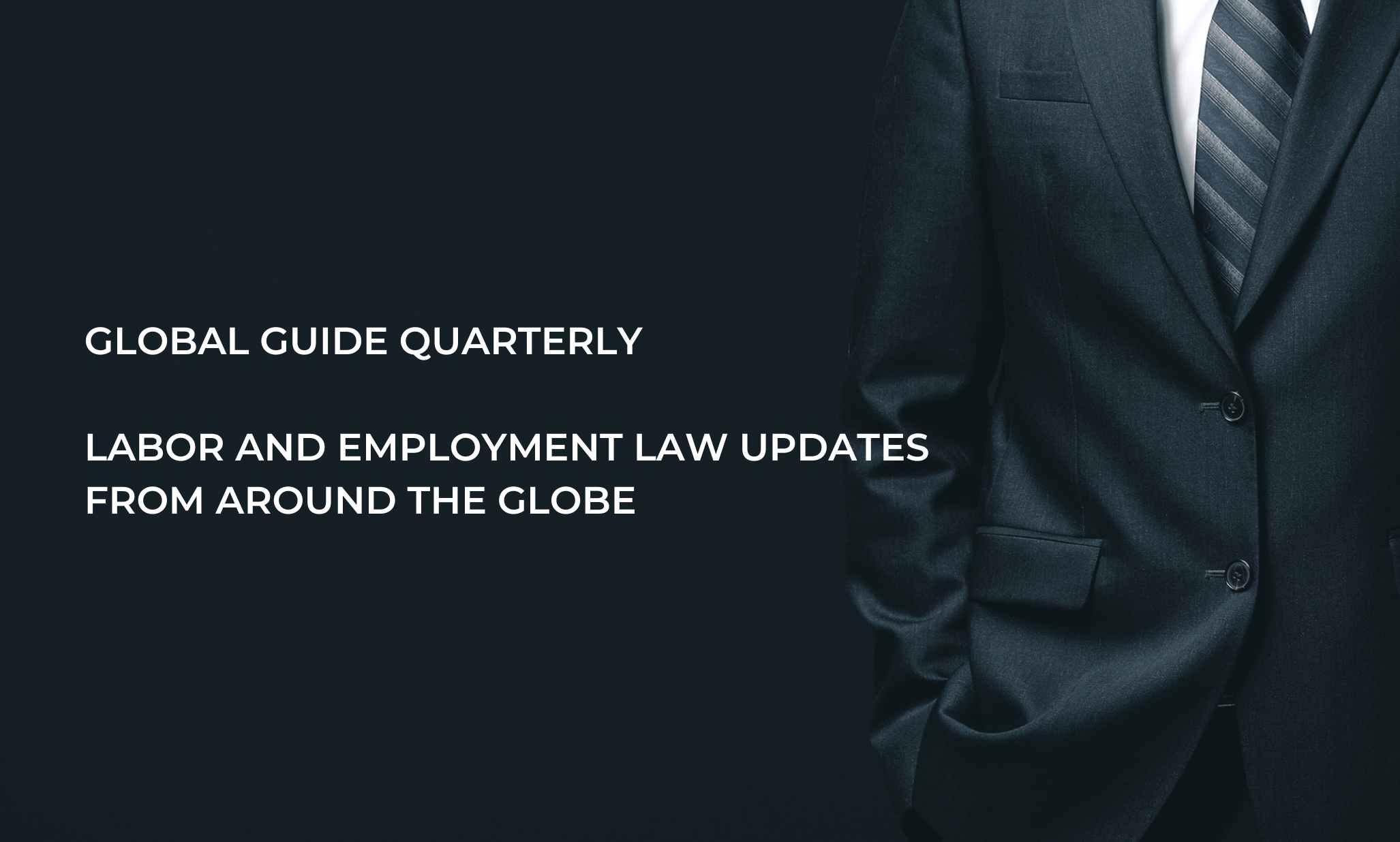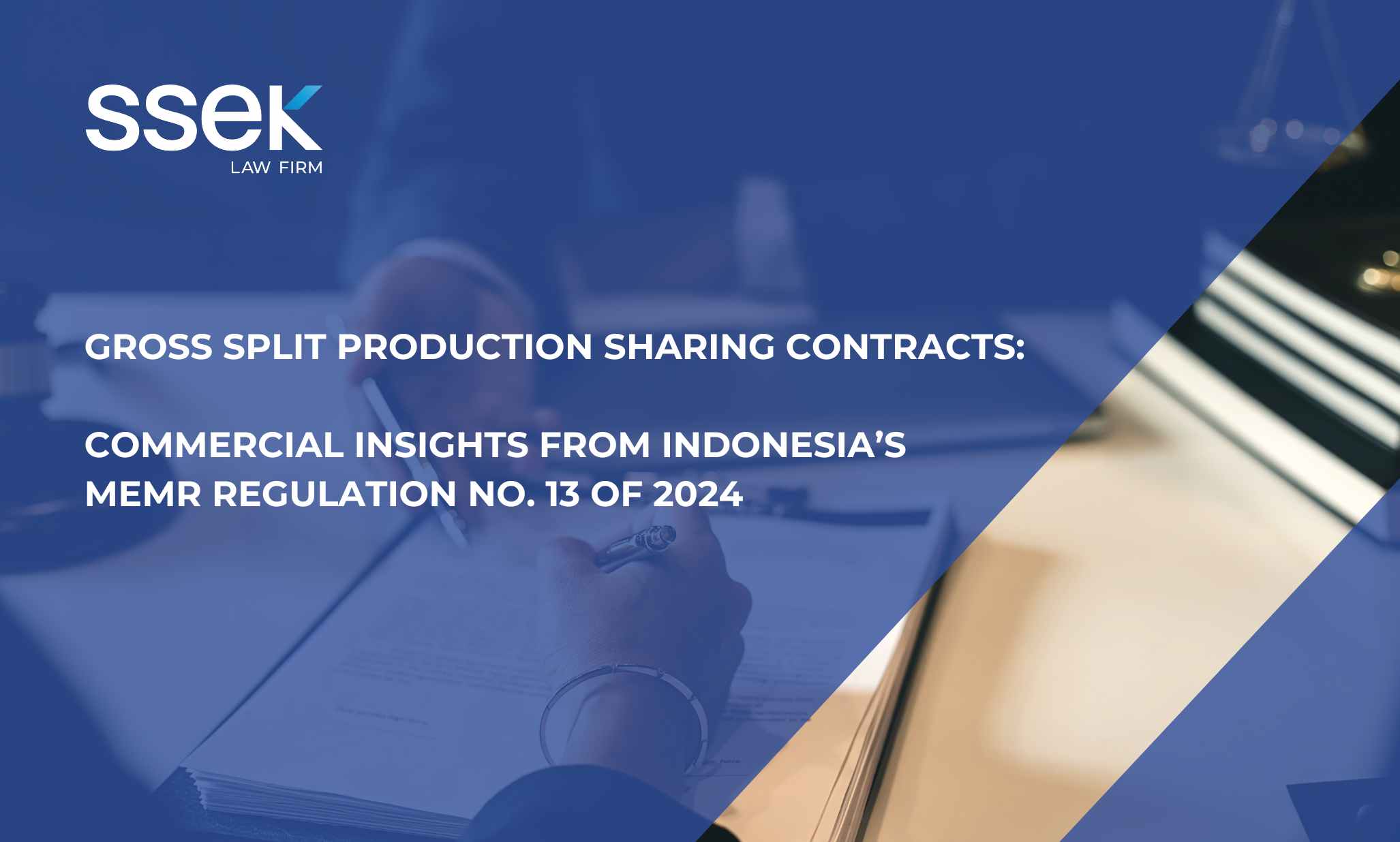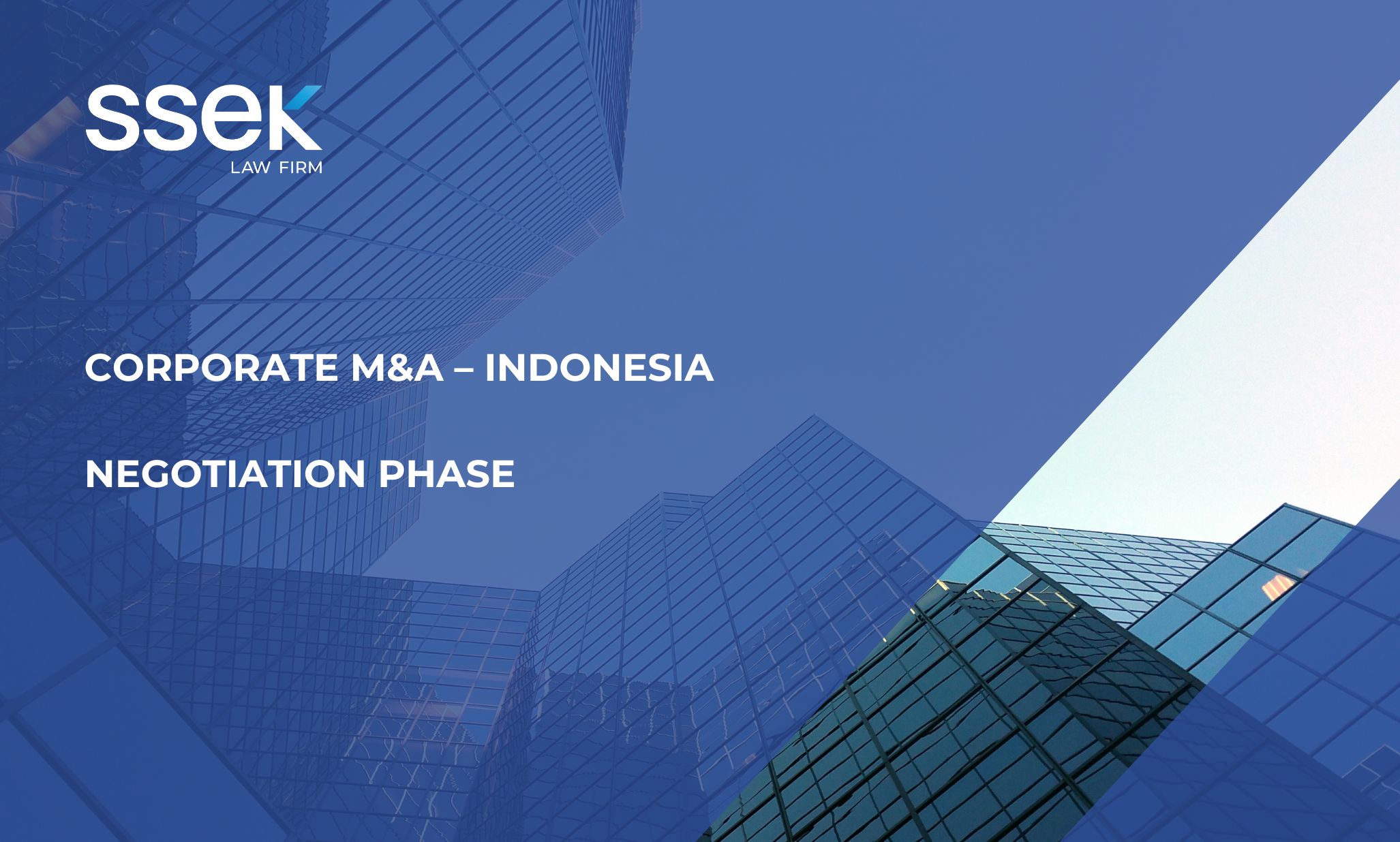

As a general rule, an electronic system provider in Indonesia must maintain a reliable and secure electronic system. Under Law No. 11 of 2008 on Electronic Information and Transactions (the ITE Law), an electronic system provider shall be held responsible for the operation of its electronic system. However, in practice, it is difficult for system providers to entirely supervise the content displayed on websites, especially if it involves a user-generated electronic system.
In order to address this issue, the Ministry of Communication and Information (MOCI) issued Circular Letter 5/2016, which provides that although providers are to be held responsible for the organisation of their platforms, said providers will no longer be held liable if they can prove that the disadvantageous action in question on their platforms was caused by users.
To limit or exclude liability, electronic system providers that have user-generated content should comply with the obligation to provide terms and conditions for the platform. These terms and conditions should at least contain the obligations and rights of users in regard to uploaded content. By clearly stipulating that users are responsible for their uploaded content, electronic system providers can limit or exclude liability for the content displayed on their platforms.
Shutdown and Takedown
The system provider is under the obligation to have a mechanism to delete electronic information that becomes irrelevant in accordance with the prevailing laws and regulations. Initially, the ITE Law provided that a system provider could only delete certain content based on a court order. The government seems to have removed the requirement to obtain a court order through the issuance of Circular Letter 5/2016. The system provider is now required to delete or block any defamatory material after it receives a report on the existence of such material.
Further, governmental institutions, law enforcers, and the general public may submit a report to MOCI so that specific websites may be blocked due to unlawful content. Upon receiving a report, MOCI will add the reported website to the TRUST+ Positive list, which is a database of websites with negative content. Internet service providers must block access to all websites on the TRUST+ Positive list. Such blocking can be performed independently by the internet service provider itself or through a blocking service provider. Internet service providers that fail to block websites on the TRUST+ Positive list may be subject to criminal and administrative sanctions.
This first appeared in the Lexology GTDT e-Commerce 2021 global guide.
This publication is intended for informational purposes only and does not constitute legal advice. Any reliance on the material contained herein is at the user's own risk. All SSEK publications are copyrighted and may not be reproduced without the express written consent of SSEK.




